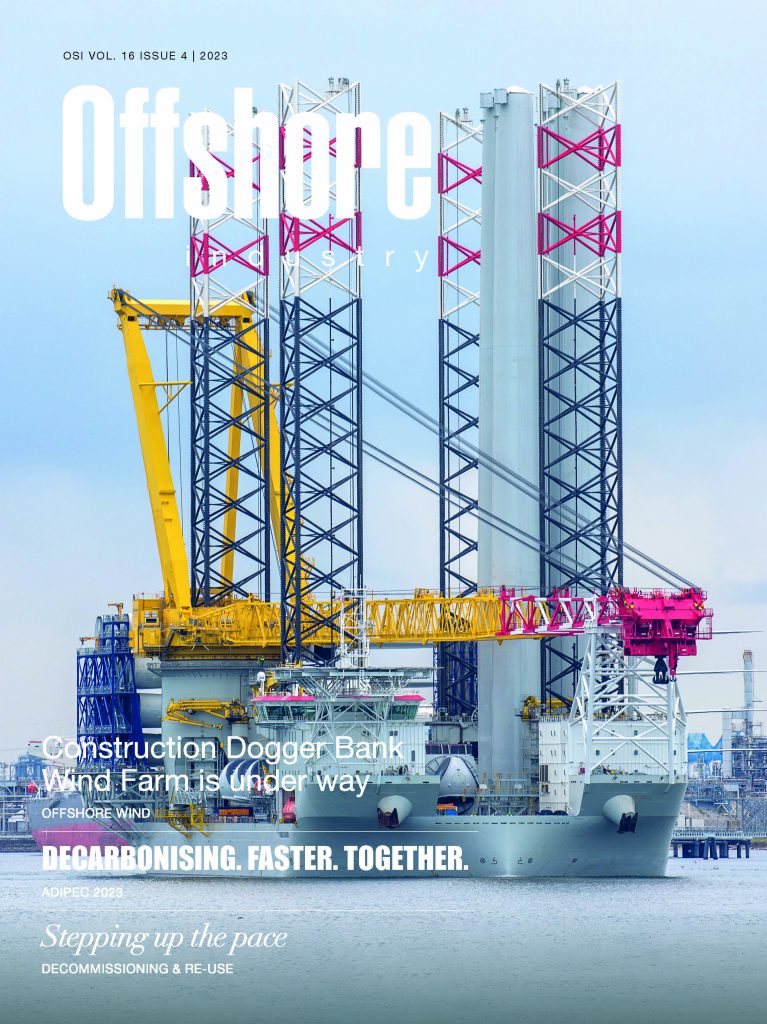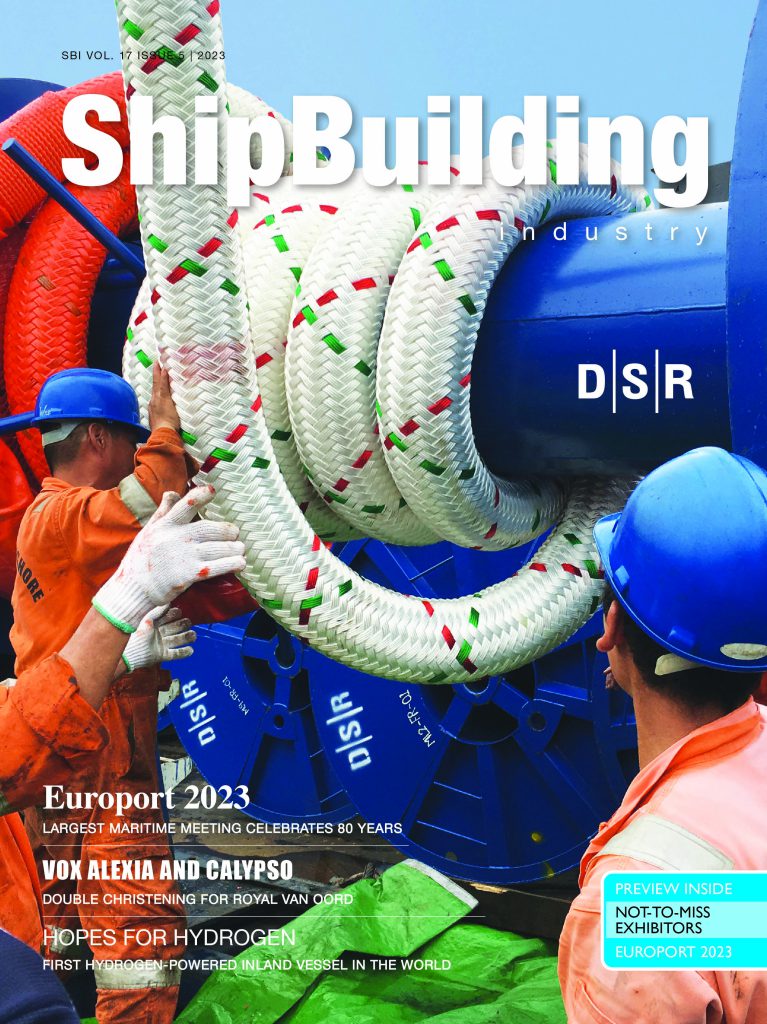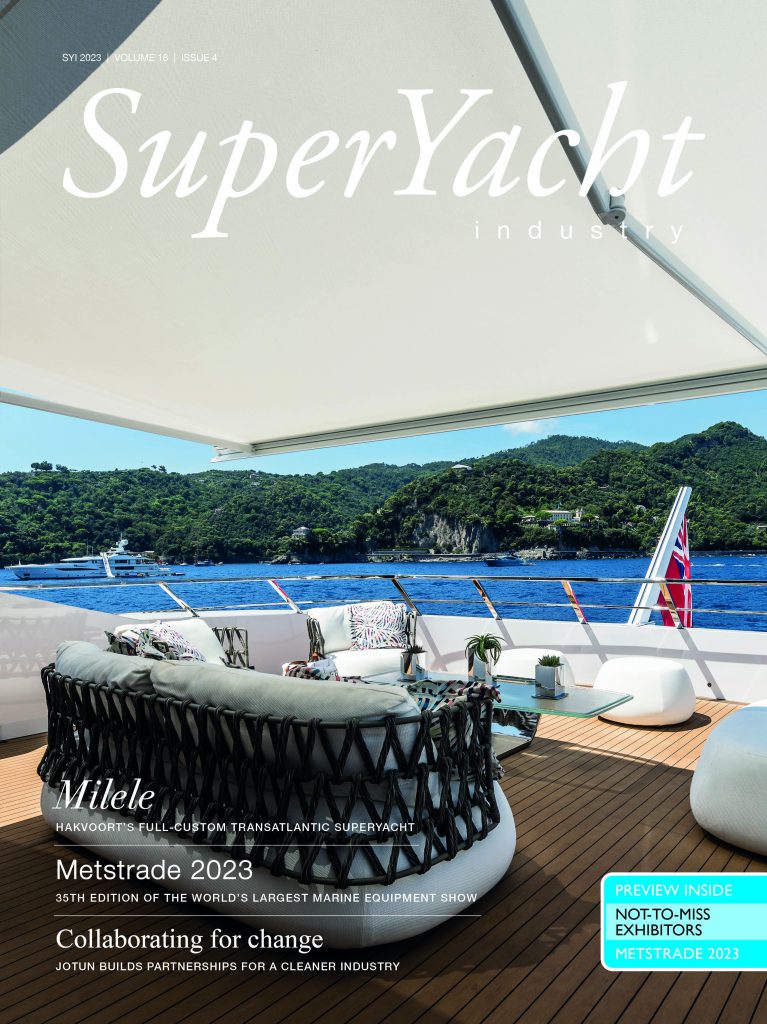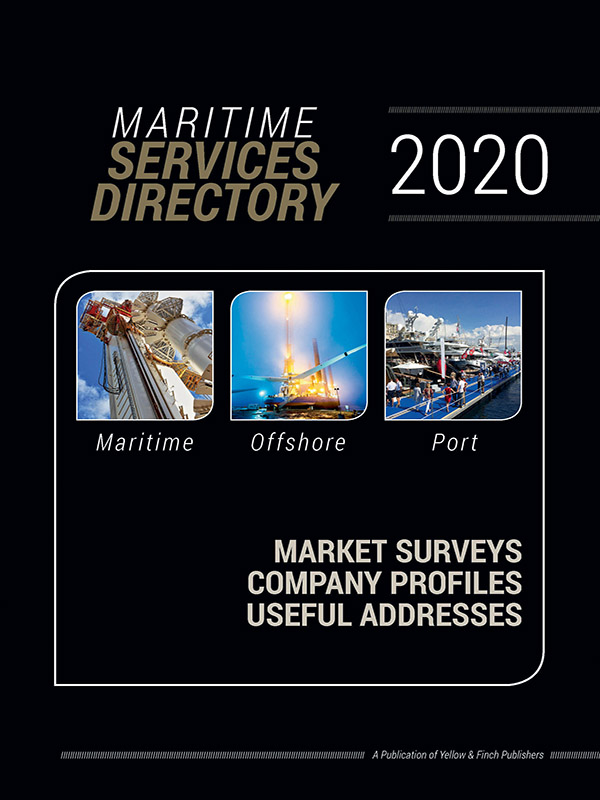New Coatings Technology For Chemical Tankers
 International Paint has announced the Interline 9001 bimodal epoxy coating for the chemical cargo tanks. With enhanced cargo resistance, zero absorption for many cargoes and fewer cycling restrictions, it simplifies the carriage of a wide range of liquid cargoes, optimising vessel earning potential. A typical 45000-DWT vessel could reduce its carbon dioxide emissions by up to 400 t every time it carries out a full vessel clean.
International Paint has announced the Interline 9001 bimodal epoxy coating for the chemical cargo tanks. With enhanced cargo resistance, zero absorption for many cargoes and fewer cycling restrictions, it simplifies the carriage of a wide range of liquid cargoes, optimising vessel earning potential. A typical 45000-DWT vessel could reduce its carbon dioxide emissions by up to 400 t every time it carries out a full vessel clean.
Costs of on board cleaning are significant. Bunkers for hot water for example could mean a tank cleaning operation alone adding over USD 100,000 to operating expenses for one full vessel clean and this doesn’t take into account manpower or costs of cleaning materials. Interline 9001 is designed therefore to deliver greater efficiency and flexibility in the operation of chemical tankers, easily switching from one cargo to the next with minimal downtime. It can carry all of the cargoes standard epoxy phenolic technology can, plus a further 25% of the large volume cargoes that it cannot and has over 60% fewer cycling restrictions.
Considerable Savings
Mr. G. Johnson, L&I Maritime (UK) Ltd. (consultancy services to the chemical tanker market), said, “Having assessed the cleaning properties of Interline 9001 in a range of cargoes and in accordance with the Dr. Verwey Tank Cleaning Guidelines, it is evident that compared to the industry standard epoxy phenolic and zinc silicate systems, Interline 9001 is easier and quicker to clean. Furthermore, there is data to support the claim that when Interline 9001 is cleaned in direct accordance with Dr. Verwey or by up to 70% less than Dr. Verwey recommends, the level of cleanliness achieved is the same. This will likely translate into considerable savings in time, materials and manpower for vessel operators when cleaning from one cargo to the next.” This level of efficiency means that a typical 45000-DWT vessel could reduce its carbon dioxide emissions by up to 400 t every time it carries out a full vessel clean.






